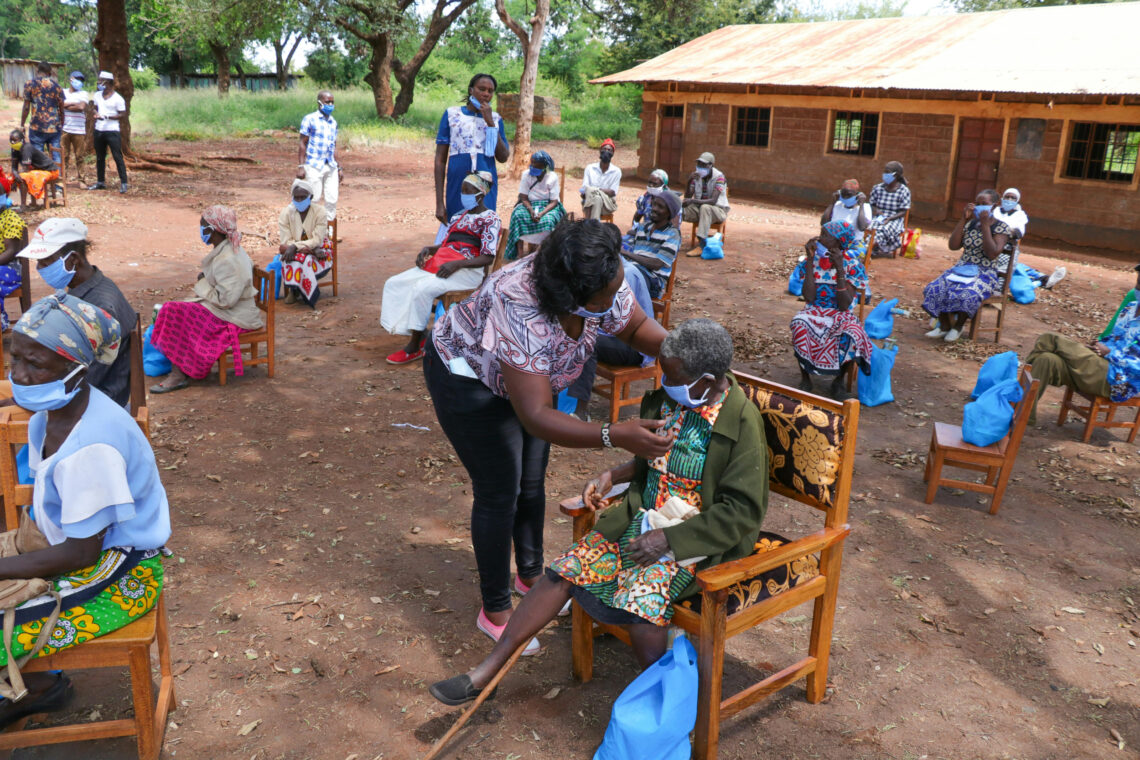Breaking down barriers in women’s healthcare remains a critical challenge in modern medicine, particularly in underserved communities. While urban centres often have multiple healthcare options, rural areas still need to improve their access to specialized medical care, especially in obstetrics and women’s health.
The Alberta College of Family Physicians recently highlighted achievements in developing sustainable healthcare solutions with their Recognition of Excellence award, emphasizing the importance of effective approaches in bridging these healthcare gaps.
Dr. Stephanie Efua Sobotie, recipient of this recognition, brings unique experience in developing healthcare solutions across diverse settings. From responding to critical needs in Ghana’s Kuntanase Government Hospital, where she established a blood bank after personally donating blood to save a patient’s life, to helping develop the obstetric program in Kindersley, Saskatchewan, her work demonstrates the impact of targeted healthcare initiatives.
Now, as a family physician with a Certificate of Added Competence in obstetric surgical skills at Bow Trail Medical Clinic in Calgary and a clinical lecturer at the Cumming School of Medicine, she continues to address healthcare accessibility challenges. We sat down with Dr. Sobotie to explore what it takes to create compelling healthcare solutions and how connecting rural and urban healthcare experiences can improve medical care delivery.
Dr. Sobotie, as the first female physician in your family, what does ‘redefining women’s healthcare’ mean to you?
When I consider redefining women’s healthcare, I envision creating a truly accessible system that addresses unique medical needs that have been historically overlooked. This vision was sparked early in my life when I noticed I could be the first woman physician in my family.
At Bow Trail Medical Clinic in Calgary, we’ve built a…
Read the full article here







